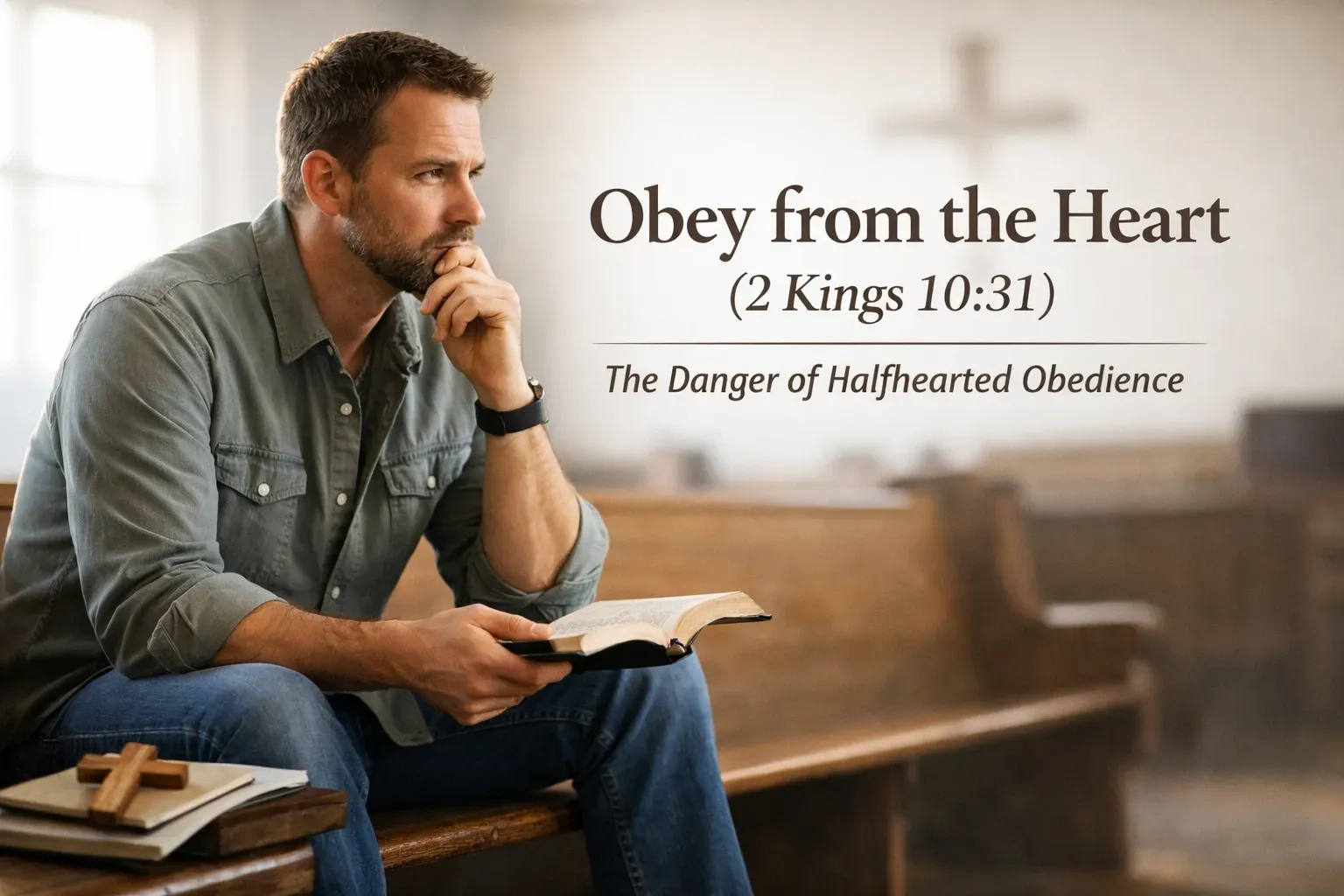a condemning heart, an unforgiving spirit, a selfish motive
Today's Gleanings from Medellin, Colombia

If born of God, I have been forgiven: therefore I should forgive. But, as a failing child, I daily need forgiveness myself, therefore it is incumbent on me to forgive my brother. If I cherish resentment and withhold forgiveness, I cannot pray with assurance. God has never promised to answer the prayer of one who has an unforgiving spirit.
H. A. Ironside,
Praying in the Holy Spirit (New York: Loizeaux, 1946), 19.
***************************
He who wavers may well examine himself and see whether he has not a condemning heart, an unforgiving spirit, a selfish motive, or whether there is not some definite thing in his life whereby his prayer is hindered. It is absolutely impossible to offer the prayer of faith if any of these things are present. Faith and holiness are too intimately linked to be separated.
H. A. Ironside,
Praying in the Holy Spirit (New York: Loizeaux, 1946), 22.
***************************
Sometimes God asks us to abandon happiness for what appears to be loneliness. Sometimes He asks us to abandon physical comfort for physical pain or torture. Why does God require this of us? Because God requires death before He brings forth life. The Bible says, “Unless a grain of wheat falls into the ground and dies, it remains alone; but if it dies, it produces much grain” (John 12:24). Abandonment sometimes leads to the death of our pleasure … or our comfort … or our ambitions … or even our immediate happiness.
Elmer L. Towns,
How to Pray: When You Don’t Know What to Say (Ventura, CA: Regal; Gospel Light, 2006), 102.
***************************
The antidote for the believer is not to bind him but to “resist him, firm in your faith” (1 Peter 5:9 with James 4:7).
Robert Dean Jr. and Thomas Ice,
What the Bible Teaches about Spiritual Warfare (Grand Rapids, MI: Kregel Publications, 2000), 112.
***************************
We do not believe that the Bible teaches that a Christian can be possessed, which means to have his body, or the physical home of the immaterial soul, indwelt by a demon. We do believe, however, that Christians can be severely influenced or oppressed by Satan and the demonic powers. The key issues on this matter revolve around the differences between internal control/inhabitation and external influence.
Robert Dean Jr. and Thomas Ice,
What the Bible Teaches about Spiritual Warfare (Grand Rapids, MI: Kregel Publications, 2000), 134.
***************************
When a speaker uses humor, it does two things. It captures attention. And when tied to a basic truth, it sends a message. However, when used wrongly, it can do serious damage. Understanding what makes humor effective and how to use and not use it is essential in evangelistic speaking.
R. Larry Moyer,
Show Me How to Preach Evangelistic Sermons, Show Me How Series (Grand Rapids, MI: Kregel Academic & Professional, 2012), 153.
***************************
Humor talks. It communicates to non-Christians in a language they understand—laughter. When people are laughing, they are listening and you can tell them anything you want to tell them. That is universally true.
R. Larry Moyer,
Show Me How to Preach Evangelistic Sermons, Show Me How Series (Grand Rapids, MI: Kregel Academic & Professional, 2012), 154.
***************************
Stuart Briscoe gives an illustration from his own speaking. He explains:
A fellow once said to me, “I’ve been listening to you for quite a long time now and sometimes when I go home from church, I find a knife stuck in my ribs. I always wonder. How did he do that? So today I decided to watch you closely, and I found out how you did it. You got me laughing, and while I was laughing, you slipped the point home.”2
Some speakers call this “tension management.” Communicators must discover how much tension the audience can handle. Humor can be a pressure release that causes people to keep listening. The essential key is to know when to release and not to release the tension.
2 Robinson and Larson, eds., The Art and Craft of Biblical Preaching, 387.
R. Larry Moyer,
Show Me How to Preach Evangelistic Sermons, Show Me How Series (Grand Rapids, MI: Kregel Academic & Professional, 2012), 155.
***************************
Dr. Morgan said that “the vast bulk of Christendom has become characterized by ritual rather than by life, by form without power. Was there ever such a day of machinery as this? Was the church of God ever so packed full in every corner with machines, machines, wheels, wheels, organizations, organizations? Yet in spite of all this machinery and activity, the heathen world is still gaining on us by leaps and bounds”
Warren W. Wiersbe, Be What You Are: 12 Intriguing Pictures of the Christian from the New Testament (Wheaton, IL: Tyndale House, 1988), 77.











